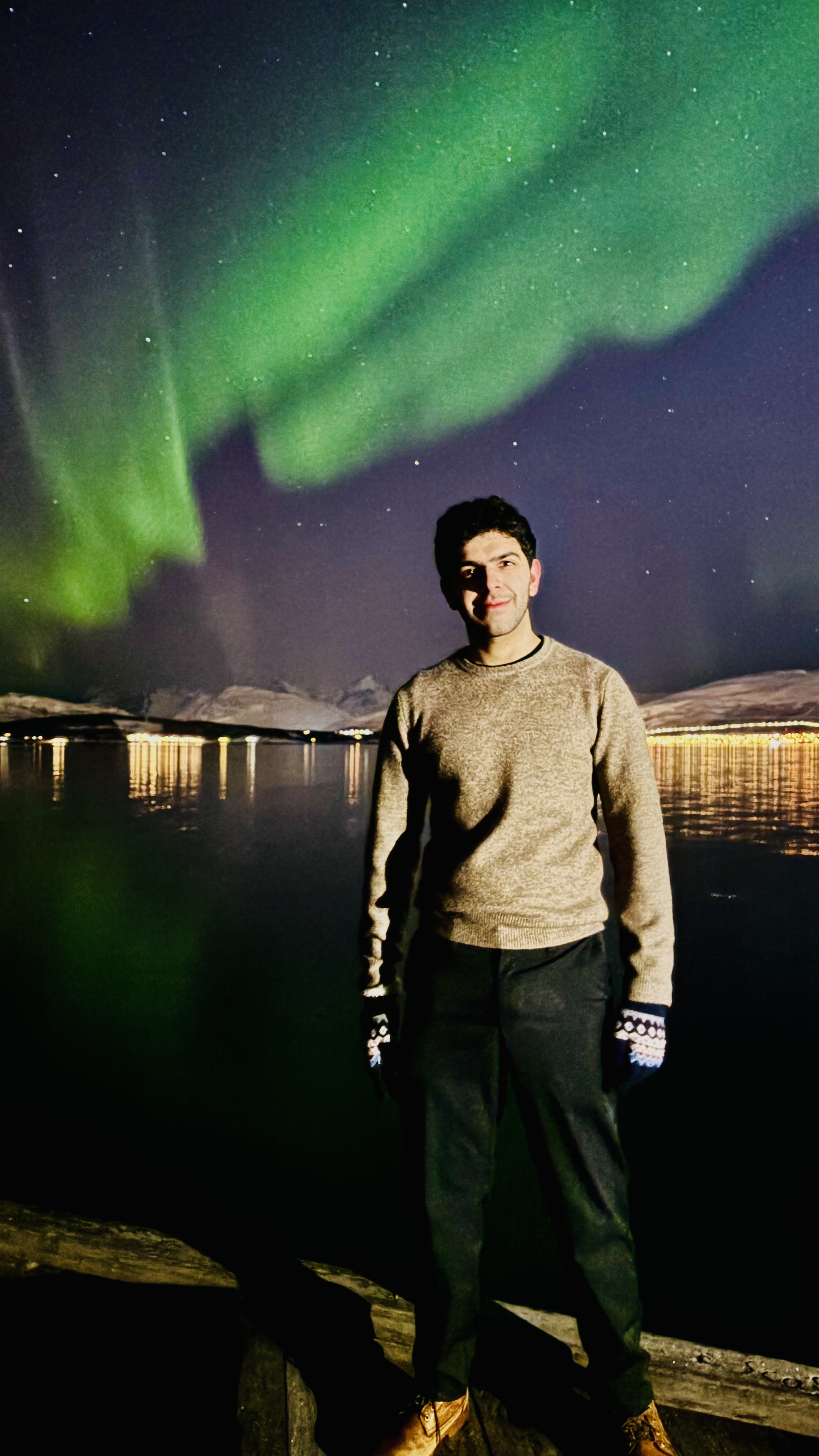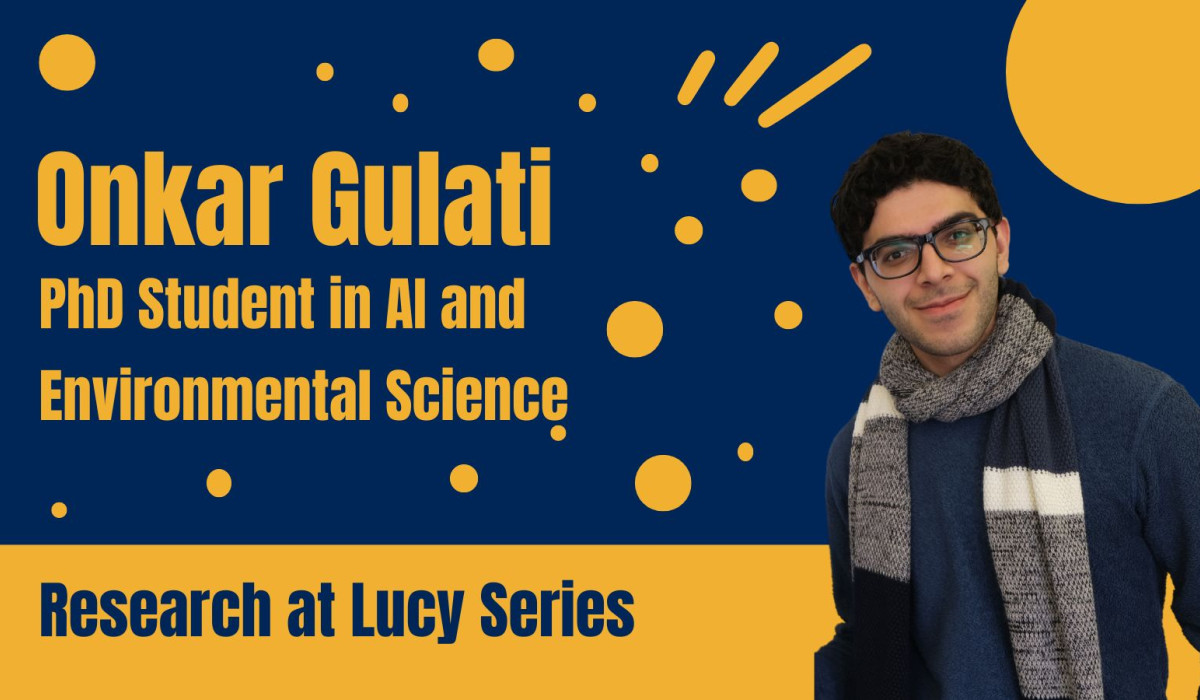This week we speak with Onkar, whose research focuses on developing new methods to utilise geospatial data for environmental research.
Thank you for speaking with us today, Onkar! It's great to have you with us. Can you start by telling us a bit about your background and what brought you to Lucy Cavendish College?
Thank you for having me! My academic journey began with a natural sciences degree in Tokyo. After completing my degree, I worked in the investment industry there. However, my core interests in statistics and machine learning eventually drew me back to academia, especially with the rapid advancements in these fields. This led me to Cambridge, where I am currently enrolled in a PhD program focusing on artificial intelligence and its applications in environmental risk assessment.
That's quite a transition! What motivated you to shift from investment to a PhD in AI and environmental science?
The investment industry was intellectually stimulating, but my passion for statistics and machine learning was a significant driver for change. I was particularly influenced by the potential of these fields to address complex and multifaceted problems. It was this as well as technological advancements that I saw daily on the news, made me realize that returning to academia could allow me to contribute more meaningfully to societal challenges, particularly in environmental science.

Can you elaborate on your current PhD research and its objectives?
My research focuses on developing new methods to utilize geospatial data for environmental research. Specifically, I'm working on creating a foundation model for geospatial data, which is crucial for tasks such as modelling species distribution. The goal is to produce a versatile model capable of adapting to various ecological and land use problems. This adaptability is essential for addressing the unpredictable shifts caused by climate change.
The interdisciplinary nature of my program is also incredibly beneficial as it allows me to explore a broad range of applications for AI within environmental science. For instance, during my master's at Cambridge, I engaged in a group project focusing on the impact of drought on forests using Gaussian processes, a method in machine learning.
Your work involves handling vast datasets from sources like Sentinel satellites. What are some of the challenges you face in managing these datasets?
Managing these datasets is indeed challenging! One major issue is the sheer volume of data from sources like Sentinel satellites! Additionally, ensuring the model can handle inconsistencies in data collection over time and space is complex. These challenges are further compounded by the rapid pace of technological change in machine learning, where new models and methodologies can quickly render months of research obsolete.
Despite these challenges, you remain dedicated to your PhD topic. What keeps you motivated?
My motivation comes from my desire to make a tangible impact on how we understand and interact with our planet. I'm particularly interested in how my work can contribute to broader biodiversity measurements and environmental forecasts. The potential of AI to transform our approach to environmental challenges also keeps me driven, knowing that my research could offer valuable insights into the sustainable management of natural resources.
I also believe my work can provide new tools for scientists and policymakers working to mitigate environmental risks. By developing adaptable models that can address various ecological and land use problems, my research aims to offer valuable insights into sustainable resource management. Ultimately, I hope to contribute to a deeper understanding of our planet and support efforts to address the pressing challenges posed by climate change.
Onkar, your journey and research are truly compelling. Thank you for sharing your insights with us, and we look forward to seeing the impact of your work.




